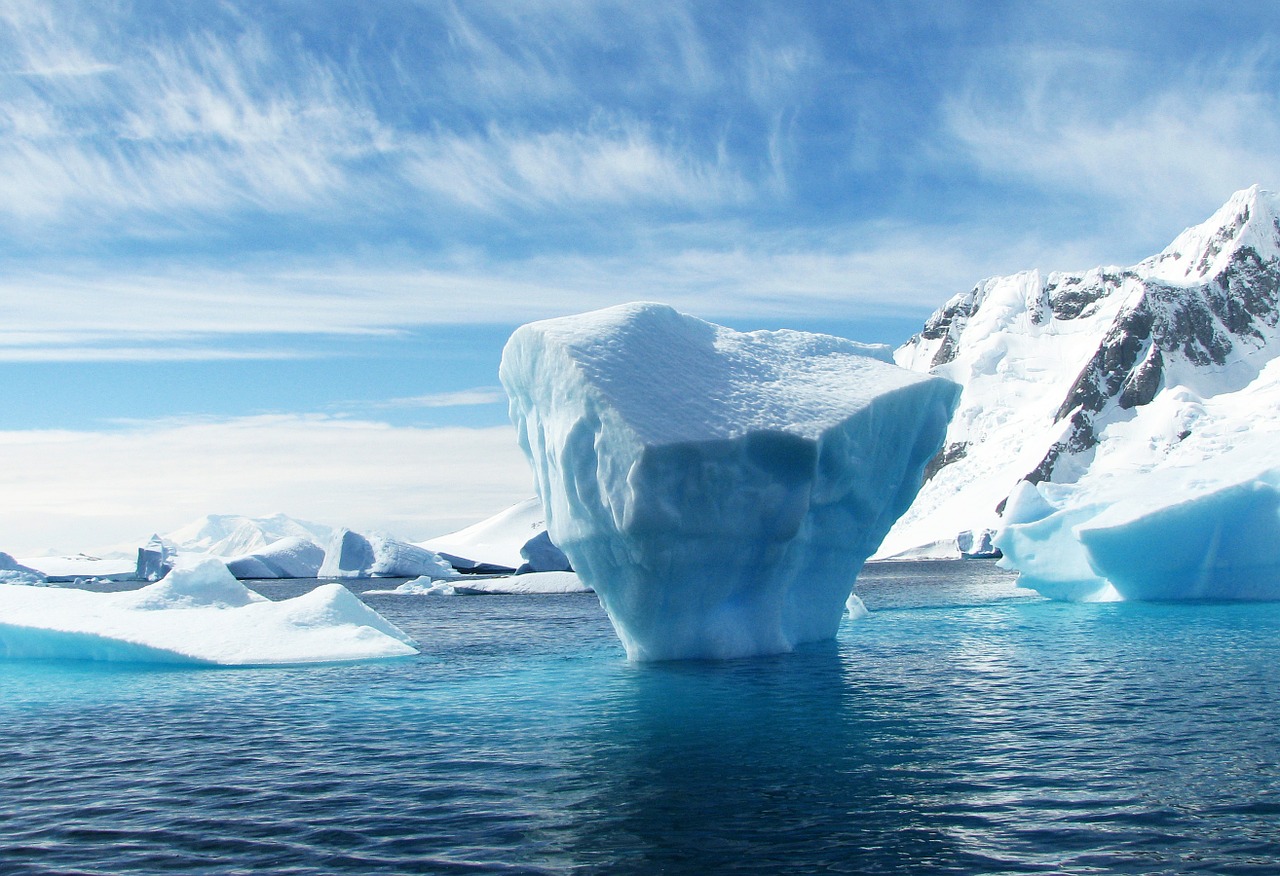It turns out there’s a certain population of aquatic animals who don’t mind that Antarctica’s glaciers are melting. In fact, they’re feasting on the news.
The Weather Network reported this week that a recent study published in the Journal of Geophysical Research shows that melting Antarctic glaciers are providing heaps of iron to phytoplankton, the tiny sea creatures which serve as one of the foundations of the ocean food-chain.
Ocean currents carry the iron out to areas of the sea known as polynyas, hot spots for phytoplankton. The iron contained in the water gives the little creatures growth spurts. As the phytoplankton grow, predatory fish stop by for a feast.
Hungry fish munch on their iron-inspired prey. Those fish, in turn, are consumed by larger predators.
Kevin Arrigo, the study’s main author, was quoted as saying that the “inputs” from glaciers are going to “have implications” for the polynyas.
These glaciers are probably going to accelerate their melting in the future. Coastal Antarctica is likely to become a more productive place in the future.
Polynyas appear when wind fires from land out to sea and pushes chunks of ice out to sea, leaving behind open water.
The American Geophysical Union said these open waters are “nutrient-rich” because of the influx of iron from the melting glaciers
Nutrient-rich water from melting Antarctic glaciers nourishes the ocean food chain, creating feeding ‘hot spots’ in large gaps in the sea ice.
Arrigo was quoted as saying that satellite images reveal that the polynyas “light up” the photos in comparison to areas of water covered by ice.
Previous research postulated that sunlight and temperature played the most significant role in the growth of phyotoplankton. This new study, however, challenges those existing ideas.
Arrigo was quoted as saying that, even though the food chain benefits from more phytoplankton, the dangers of climate change outweigh the benefits.
























